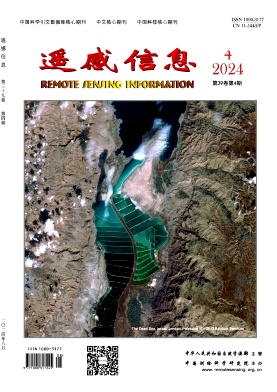Nature-Inspired Search Method For Location Optimization of Smart Health Care System
引用次数: 0
Abstract
This study is an ongoing work to develop a smart mobile health care system for the delivery of health care services to the aged. In this paper, we focus on developing a mapping function algorithm that matches the location of a device used by nurses to that of a patient, especially the aged, to find the optimal distance and direction. After a patient has requested health care service, the algorithm generates random location data, then computes the distances and direction within a geographical location. The mapping function algorithm was inspired by the behaviour of the kestrel bird. The proposed algorithm was evaluated by testing with pre-determined and random location data on latitude and longitudinal data. The experiment results demonstrate that the mapping function was able to find the optimal distance between two different locations.基于自然的智能医疗系统位置优化搜索方法
本研究是一项正在进行的工作,以开发一个智能移动医疗保健系统,为老年人提供医疗保健服务。在本文中,我们重点开发了一种映射函数算法,该算法将护士使用的设备的位置与患者(特别是老年人)的位置相匹配,以找到最佳距离和方向。该算法在患者提出医疗服务请求后,生成随机位置数据,然后计算地理位置内的距离和方向。映射函数算法的灵感来自于红隼的行为。通过对纬度和纵向数据的预先确定和随机位置数据进行测试,对该算法进行了评估。实验结果表明,该映射函数能够找到两个不同位置之间的最佳距离。
本文章由计算机程序翻译,如有差异,请以英文原文为准。
求助全文
约1分钟内获得全文
求助全文
来源期刊
自引率
0.00%
发文量
3984
期刊介绍:
Remote Sensing Information is a bimonthly academic journal supervised by the Ministry of Natural Resources of the People's Republic of China and sponsored by China Academy of Surveying and Mapping Science. Since its inception in 1986, it has been one of the authoritative journals in the field of remote sensing in China.In 2014, it was recognised as one of the first batch of national academic journals, and was awarded the honours of Core Journals of China Science Citation Database, Chinese Core Journals, and Core Journals of Science and Technology of China. The journal won the Excellence Award (First Prize) of the National Excellent Surveying, Mapping and Geographic Information Journal Award in 2011 and 2017 respectively.
Remote Sensing Information is dedicated to reporting the cutting-edge theoretical and applied results of remote sensing science and technology, promoting academic exchanges at home and abroad, and promoting the application of remote sensing science and technology and industrial development. The journal adheres to the principles of openness, fairness and professionalism, abides by the anonymous review system of peer experts, and has good social credibility. The main columns include Review, Theoretical Research, Innovative Applications, Special Reports, International News, Famous Experts' Forum, Geographic National Condition Monitoring, etc., covering various fields such as surveying and mapping, forestry, agriculture, geology, meteorology, ocean, environment, national defence and so on.
Remote Sensing Information aims to provide a high-level academic exchange platform for experts and scholars in the field of remote sensing at home and abroad, to enhance academic influence, and to play a role in promoting and supporting the protection of natural resources, green technology innovation, and the construction of ecological civilisation.

 求助内容:
求助内容: 应助结果提醒方式:
应助结果提醒方式:


